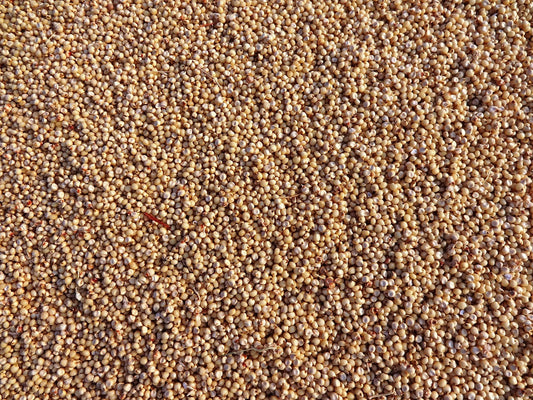Do you have a terrible urge to have a bowel movement, and suffer from a stomach ache just before an important presentation at work? It's not necessarily a stomach bug, but perhaps diarrhea related to excessive stress. How do you manage it
Nervous diarrhea: what is it?
Diarrhea is characterized by the abnormal emission of stools that are too liquid, too soft, too frequent and/or too abundant. Their causes can generally be varied: a viral origin, a pathology in its own right (celiac disease, Crohn's disease, etc.), an infection due to a parasite, a bacterium (salmonella, shigella, etc.), or simply stress... In this last case, and after having eliminated all the other possibilities, we can talk about nervous diarrhea.
How to recognize stress diarrhea?
Contrary to chronic diarrhea, which persists for more than four weeks, nervous diarrhea is generally linked to occasional stress, and occurs in acute attacks, at a time when one is tense.
In some cases, however, they can become chronic episodes if the anxiety itself becomes a consistent part of the person's life and is long term.
In addition to the change in the appearance and consistency of the stools, other symptoms may occur:
- fecal incontinence accompanied by an urgent and frequent need to have a bowel movement;
- bloating, cramping, intestinal spasms and flatulence;
- nausea and vomiting;
- a feeling of dizziness, even a feeling of general malaise;
- and signs of dehydration (pale skin, sunken eyes, decreased vitality, dry mouth, low blood pressure, etc.).
When should I seek consultation for stress-related diarrhea?
If stress remains occasional, the diarrhea that accompanies it will also be occasional. But when some very anxious people have long-term episodes of diarrhea (chronic diarrhea), it is recommended to consult your healthcare professional.
Why does stress make you go to the bathroom?
Normally, stool is composed of 60-90% water, which is supposed to be absorbed by the digestive system as it passes through the large intestine. However, stress affects the movement of the intestines and accelerates transit, which does not give the digestive system enough time to absorb the water normally. In other words, the water remains mixed with the stools and the latter become particularly liquid. The rectum cannot hold it for long. This can lead to incontinence and diarrhea in cases of panic or nervousness.
Moreover, stress often leads to a change in eating habits: we tend to give in more easily to the call of fat and sugar. Knowing that meals that are too rich or too copious can have a direct impact on the digestive system, or aggravate pre-existing intestinal problems.
Treatment: how to treat stress-induced diarrhea?
Manage stress to prevent diarrhea attacks
If your diarrhea is related to occasional stress (exams, stressful appointments, office presentations, etc.), address the cause directly. Anticipate and ask yourself why you are afraid. When the time comes, sophrology exercises, mindfulness meditation, or a simple musical break of a few minutes, breathing calmly through the belly can help defuse the crisis.
On a daily basis, activities such as yoga, walking, biking, drawing, sewing, shopping, reading, going to the movies, etc. can help calm you down. The help of a psychologist may also be beneficial.
What medications are needed to limit symptoms?
If diarrhea symptoms are already present, don't forget to hydrate yourself to compensate for water and mineral losses.
Some drug treatments can reduce excessive bowel activity and improve fluid absorption within a few hours. Ask a health care professional about this depending on the intensity of your symptoms. Antispasmodics can also reduce abdominal pain.
What to eat in case of diarrhea in adults?
Eat a diet that is gentle on your intestines and does not aggravate the symptoms: soups, broths, cooked vegetables containing little fiber, certain fruits such as ripe bananas.
Avoid raw meat and fish, unpasteurized milk and cheese, shellfish and foods that are too high in fiber.




